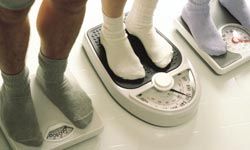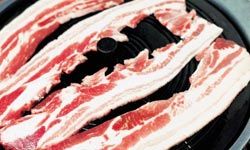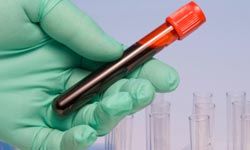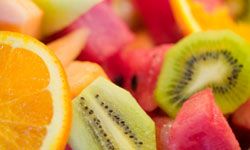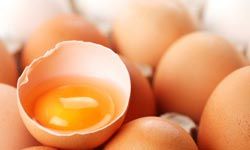Food is essential for life. It's also vital for happiness and feeling good about oneself, according to Kip Hardy, a registered dietician with Emory Healthcare in Atlanta, Ga. She points to the global tradition of sharing food, such as with one's family at dinnertime, with friends on vacation or going out for a meal with colleagues at work. This means that food can either help connect people or divide them, and one feature of unhealthy eating patterns or fad diets it they cause isolation because they're so drastic. Remember the Grapefruit Diet that promised people they'd drop 10 pounds in 12 days? It worked by dramatically restricting calories and carbohydrates. But it also induced fatigue and meal monotony.
"The hallmark of a lot of fad diets popularized in the last few years is that they reduce or increase the intake of a macro nutrient -- fats, carbohydrates and proteins -- to the extreme," explains Hardy. "You can't take any one of these away to a significant level for a significant amount of time … it's just not healthy."
Advertisement
We realize that losing weight may be the only goal of these diets for many people. Nevertheless, many of these diets simply don't work for an extended period of time. When we say "work," we mean losing the pounds slowly and methodically and being able to maintain your ideal weight without relying on excessive calorie restriction, complicated menus, expensive pills or dramatic food limitations. It means finding a lifestyle change that you can embrace. If you're one of the many people in search of more information on the do's and don'ts of dieting, read on to learn about 10 diets that don't work and why.
